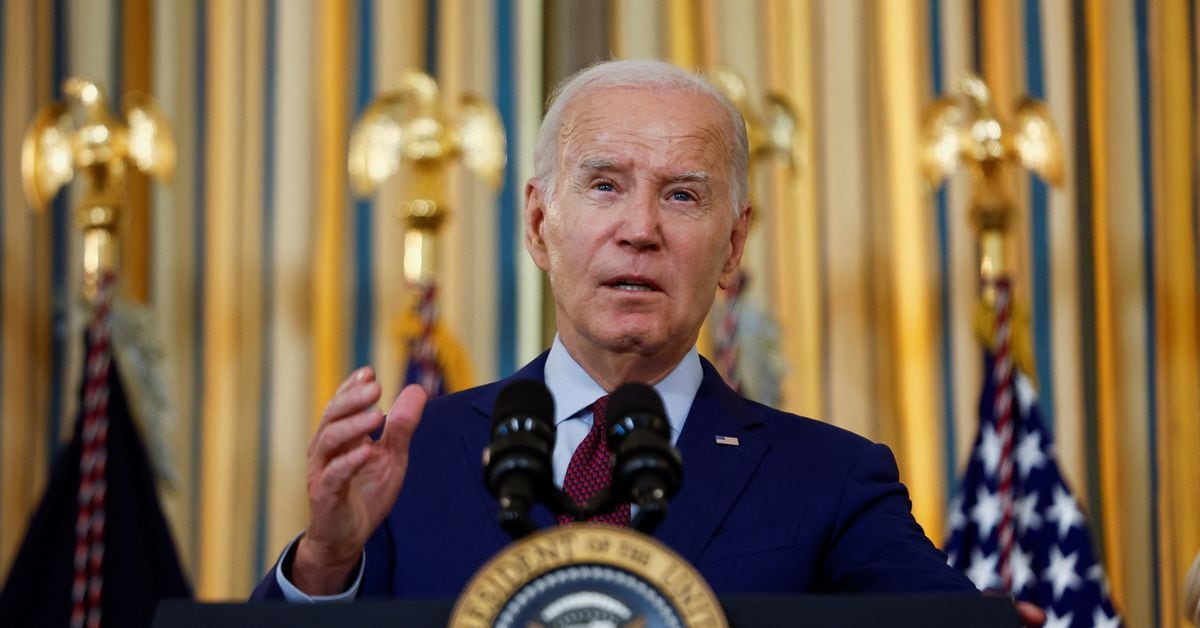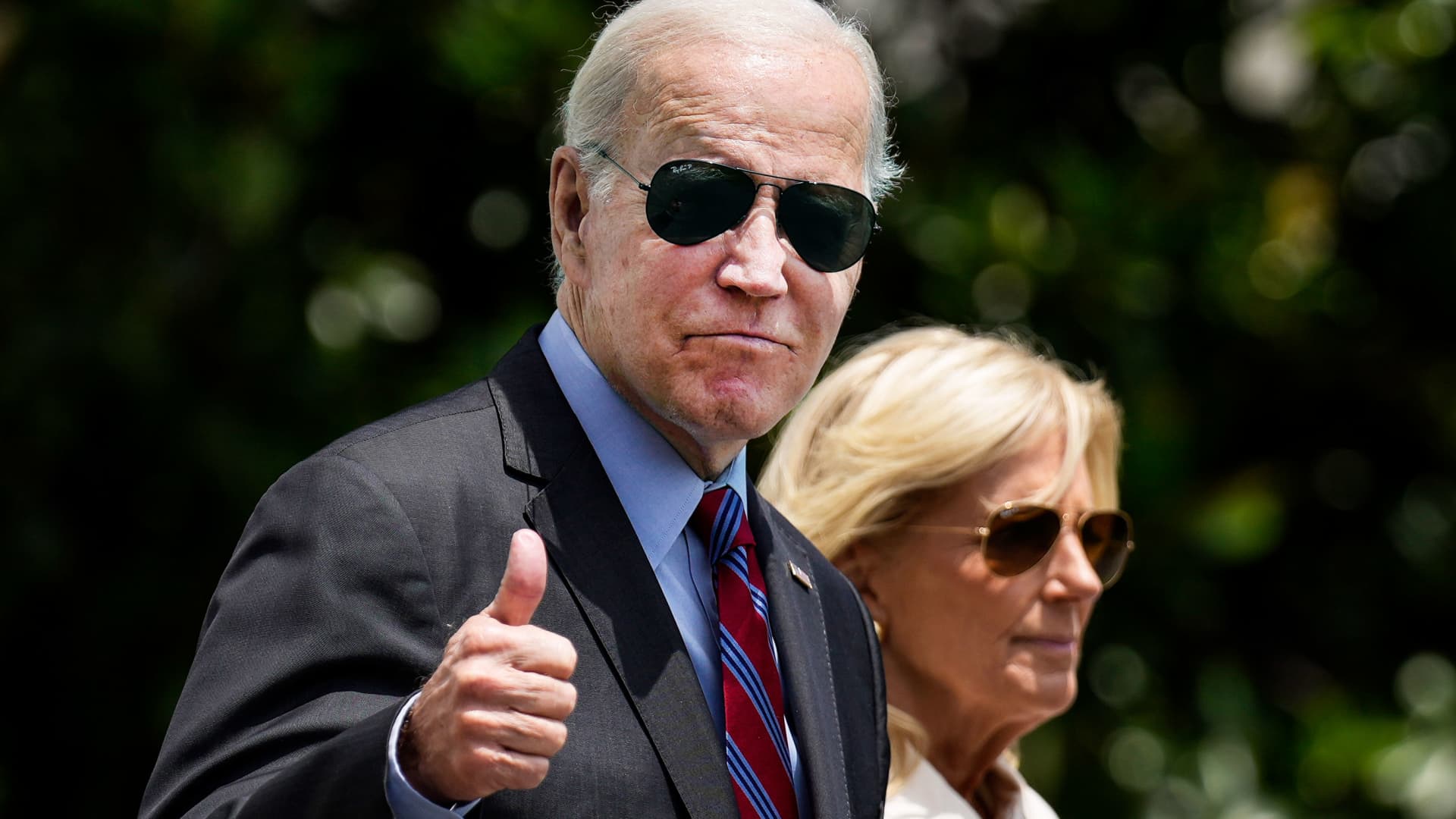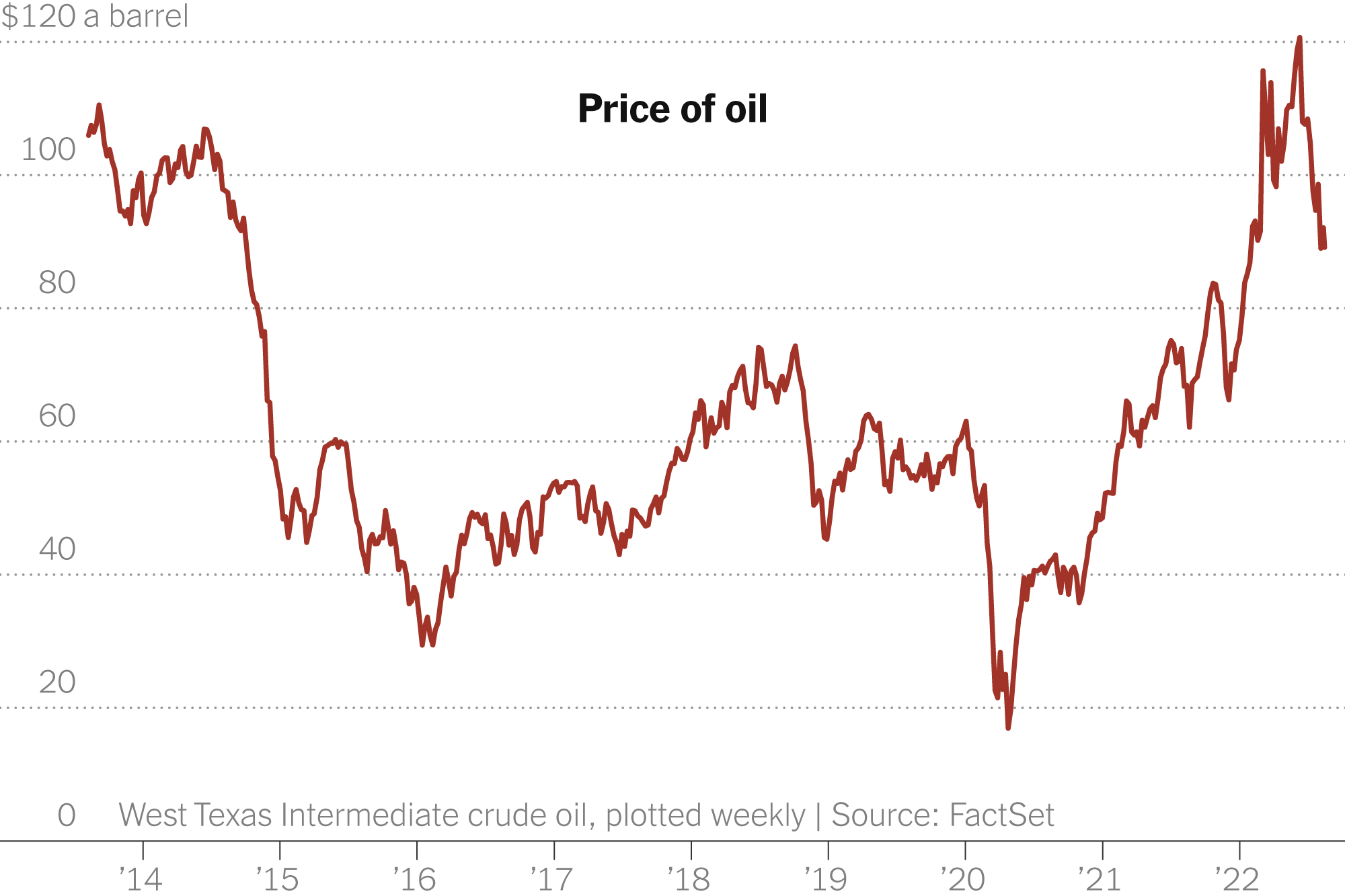lpetrich
Contributor
Rep. Alexandria Ocasio-Cortez on Twitter: "The Inflation Reduction Act just passed the House, and will soon by signed into law!
Here's what's in it (pix link)" / Twitter
(pix link)" / Twitter
Here's what's in it
She voted for this one.CLIMATE WINS
The Inflation Reduction Act will:
- Create up to 9 million new jobs in clean energy, clean manufacturing, environmental protection and green transportation
- Reduce annual utility costs by an average of $1,025 by lowering fuel and electricity costs and improving energy efficiency
- Dedicate about $60 billion for environmental justice investments in communities disproportionately harmed by climate change and pollution
- Cut emissions by roughly 40%!
HEALTHCARE WINS
The Inflation Reduction Act will:
- Allow Medicare to directly negotiate prescription drug prices, starting with 10 drugs beginning in 2023
- Cap insulin to $35 for those with Medicare coverage
- Limit Medicare out-of-pocket costs to $2,000 per year
- Extend healthcare insurance subsidies to lower costs
TAX FAIRNESS WINS
The Inflation Reduction Act will:
Despite Republican lies, there are no new taxes on any family making $400,000 or less, and no new taxes on small businesses.
- Provide funding for the IRS to go after wealthy tax evaders
- Institute a 15% minimum tax rate on the wealthiest corporations
- Impose a 1% tax on stock buybacks used to enrich wealthy shareholders



